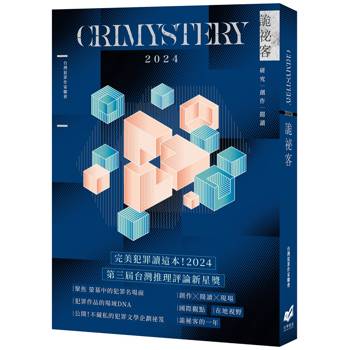A boldly revisionist history of the first disputes in nineteenth-century Britain over the role of economists in society
| FindBook |
有 1 項符合
Before Method and Models: The Political Economy of Malthus and Ricardo的圖書 |
 |
Before Method and Models: The Political Economy of Malthus and Ricardo 作者:Walter 出版社:Oxford University Press, USA 出版日期:2021-08-19 語言:英文 規格:精裝 / 272頁 / 普通級/ 初版 |
| 圖書館借閱 |
| 國家圖書館 | 全國圖書書目資訊網 | 國立公共資訊圖書館 | 電子書服務平台 | MetaCat 跨館整合查詢 |
| 臺北市立圖書館 | 新北市立圖書館 | 基隆市公共圖書館 | 桃園市立圖書館 | 新竹縣公共圖書館 |
| 苗栗縣立圖書館 | 臺中市立圖書館 | 彰化縣公共圖書館 | 南投縣文化局 | 雲林縣公共圖書館 |
| 嘉義縣圖書館 | 臺南市立圖書館 | 高雄市立圖書館 | 屏東縣公共圖書館 | 宜蘭縣公共圖書館 |
| 花蓮縣文化局 | 臺東縣文化處 |
|
|
圖書介紹 - 資料來源:博客來 評分:
圖書名稱:Before Method and Models: The Political Economy of Malthus and Ricardo
內容簡介
Examining Net Zero: Creating Solutions for a Greener Society and Sustainable Economic Growth
Environmental Economics and Ecosystem Services
Environmental Economics and Ecosystem Services
Bankrolling Empire: Family Fortunes and Political Transformation in Mughal India
Advances in Relational Economics: Theoretical, Methodological, Philosophical and Empirical Foundations
Resource Management Performance: A Sectoral Analysis in the Post-Conflict Kurdistan Region of Iraq
Total Garbage: How We Can Fix Our Waste and Heal Our World
The Financial Markets of Roman Egypt: Risk and Return
Inertia: Purposeful Inefficiencies in Financial Markets
Inertia: Purposeful Inefficiencies in Financial Markets
Environmental Economics and Ecosystem Services
Environmental Economics and Ecosystem Services
Bankrolling Empire: Family Fortunes and Political Transformation in Mughal India
Advances in Relational Economics: Theoretical, Methodological, Philosophical and Empirical Foundations
Resource Management Performance: A Sectoral Analysis in the Post-Conflict Kurdistan Region of Iraq
Total Garbage: How We Can Fix Our Waste and Heal Our World
The Financial Markets of Roman Egypt: Risk and Return
Inertia: Purposeful Inefficiencies in Financial Markets
Inertia: Purposeful Inefficiencies in Financial Markets
|











